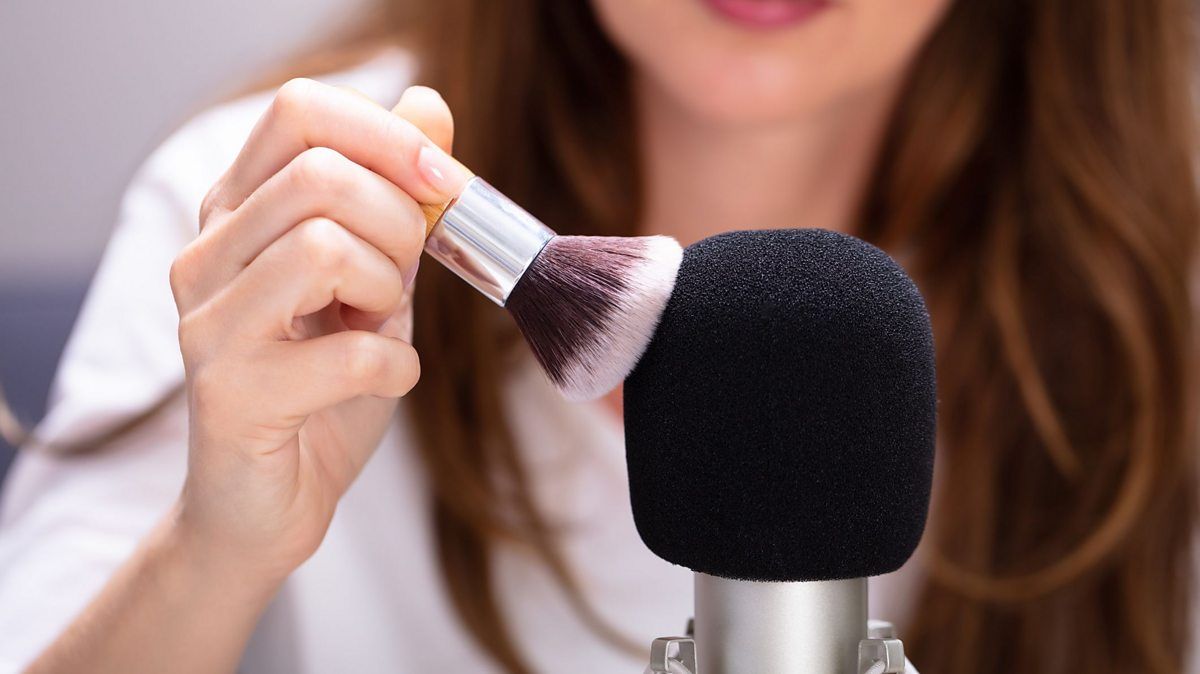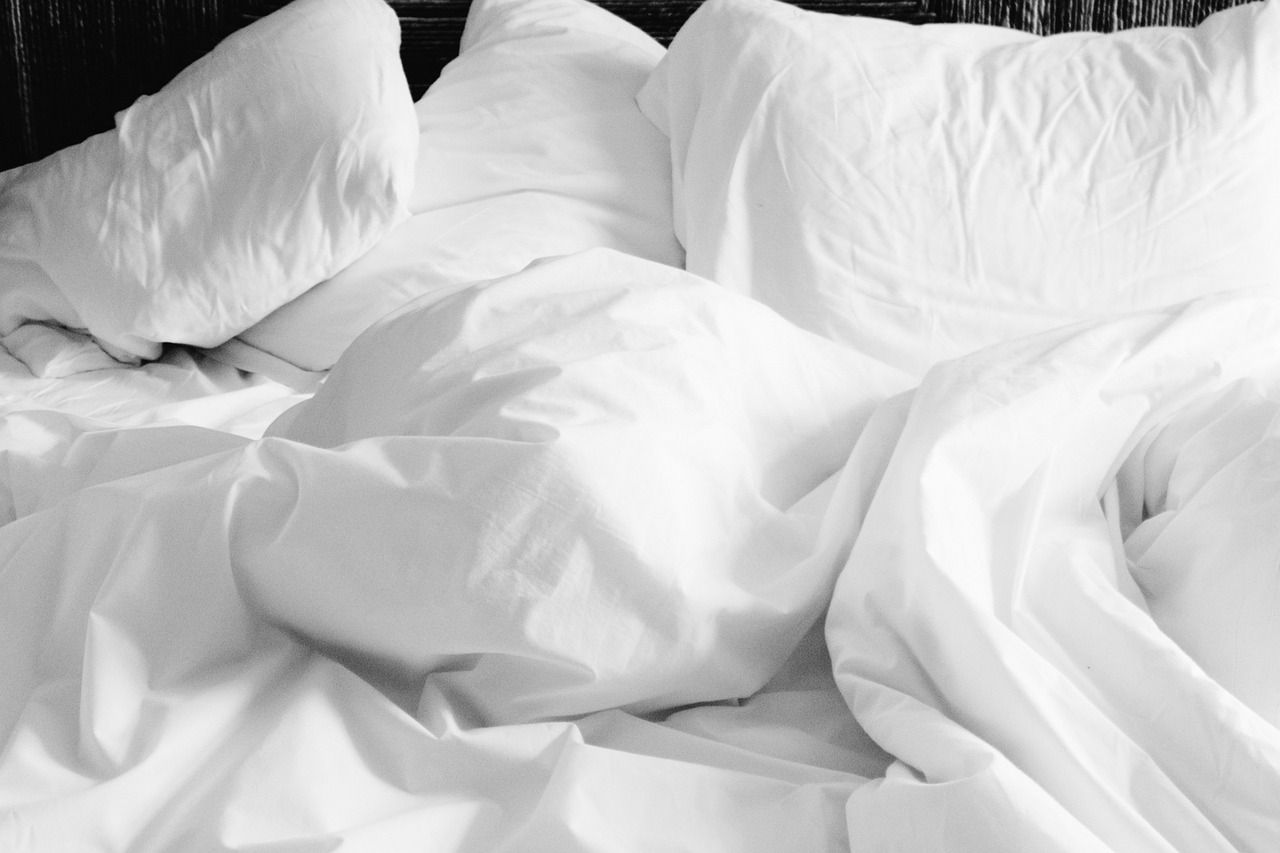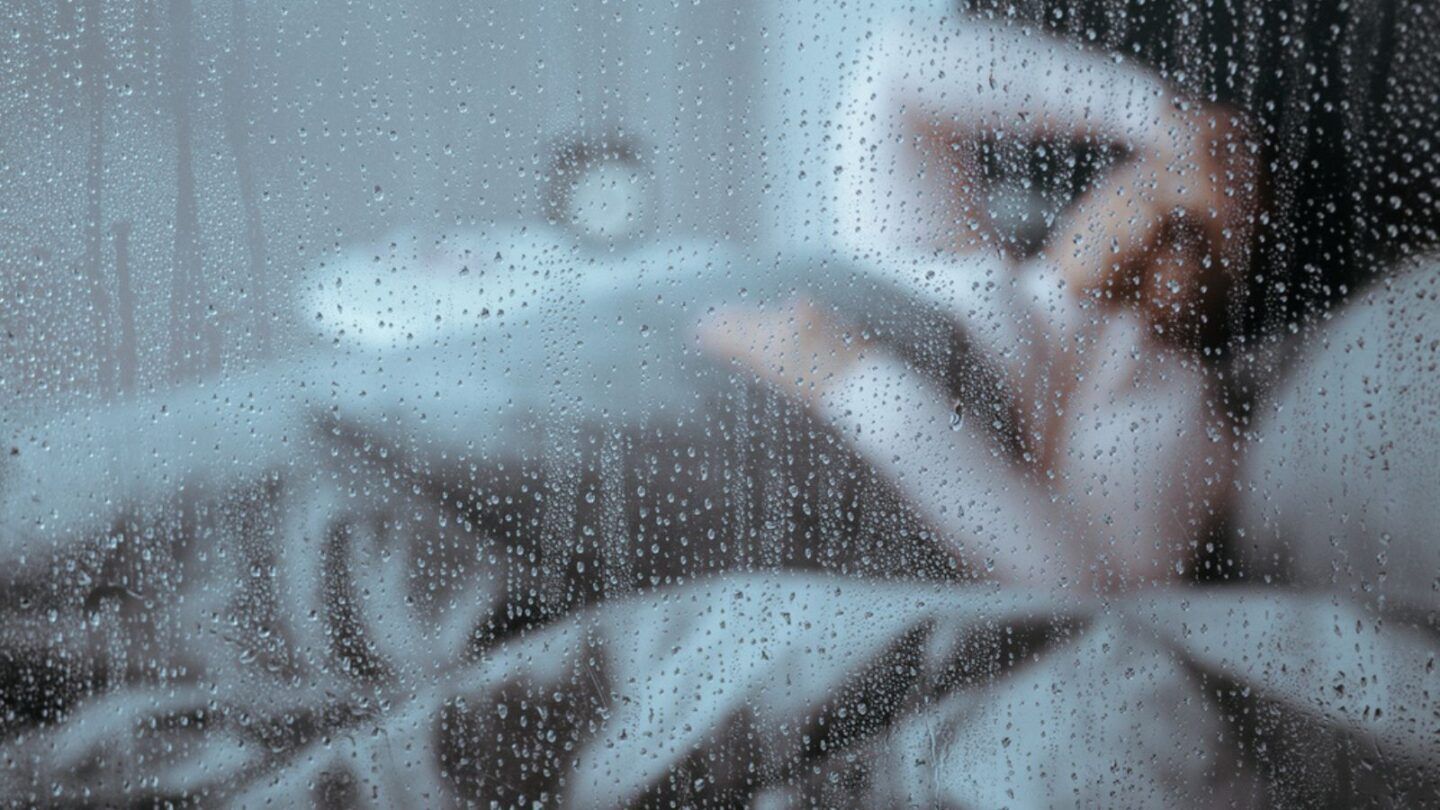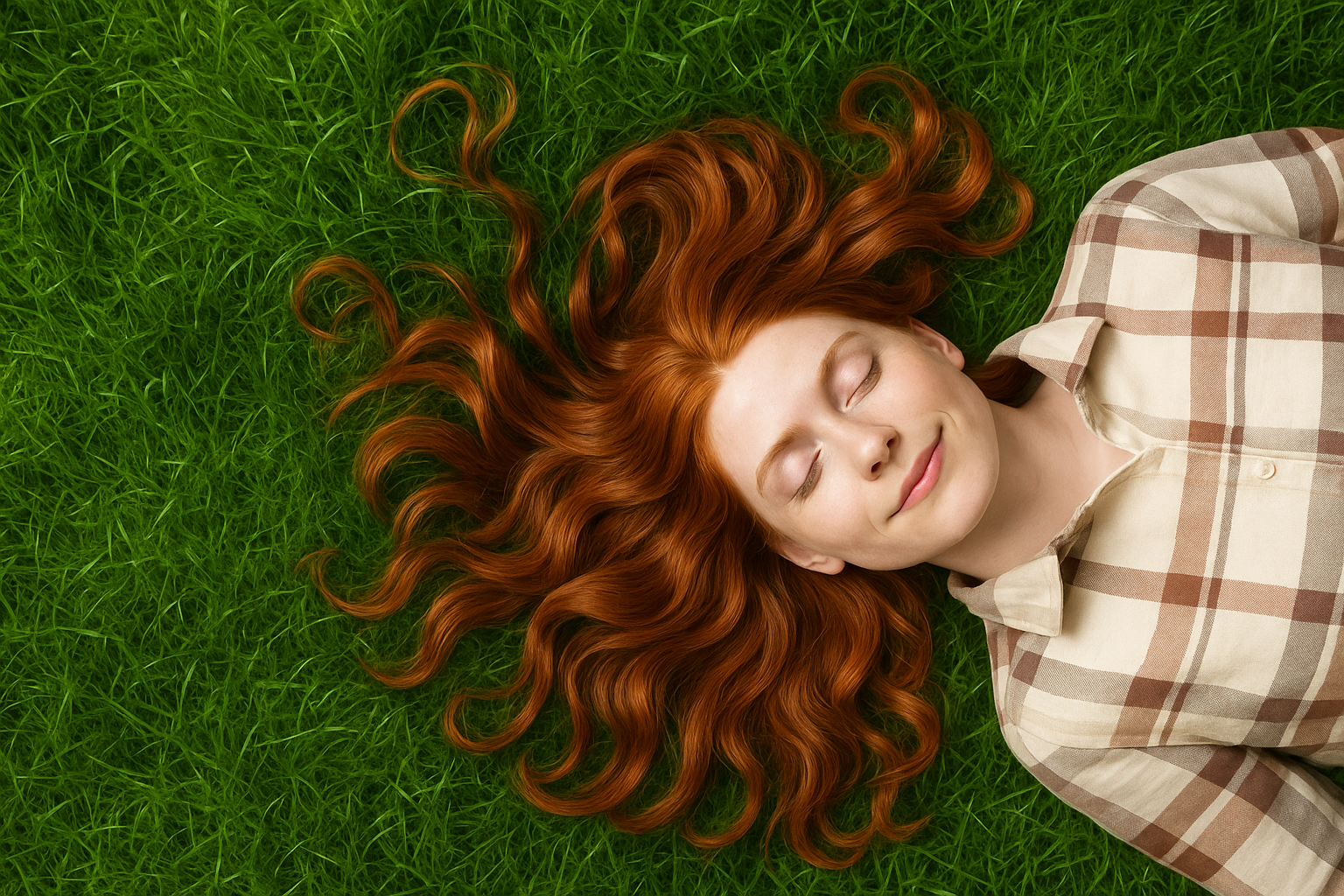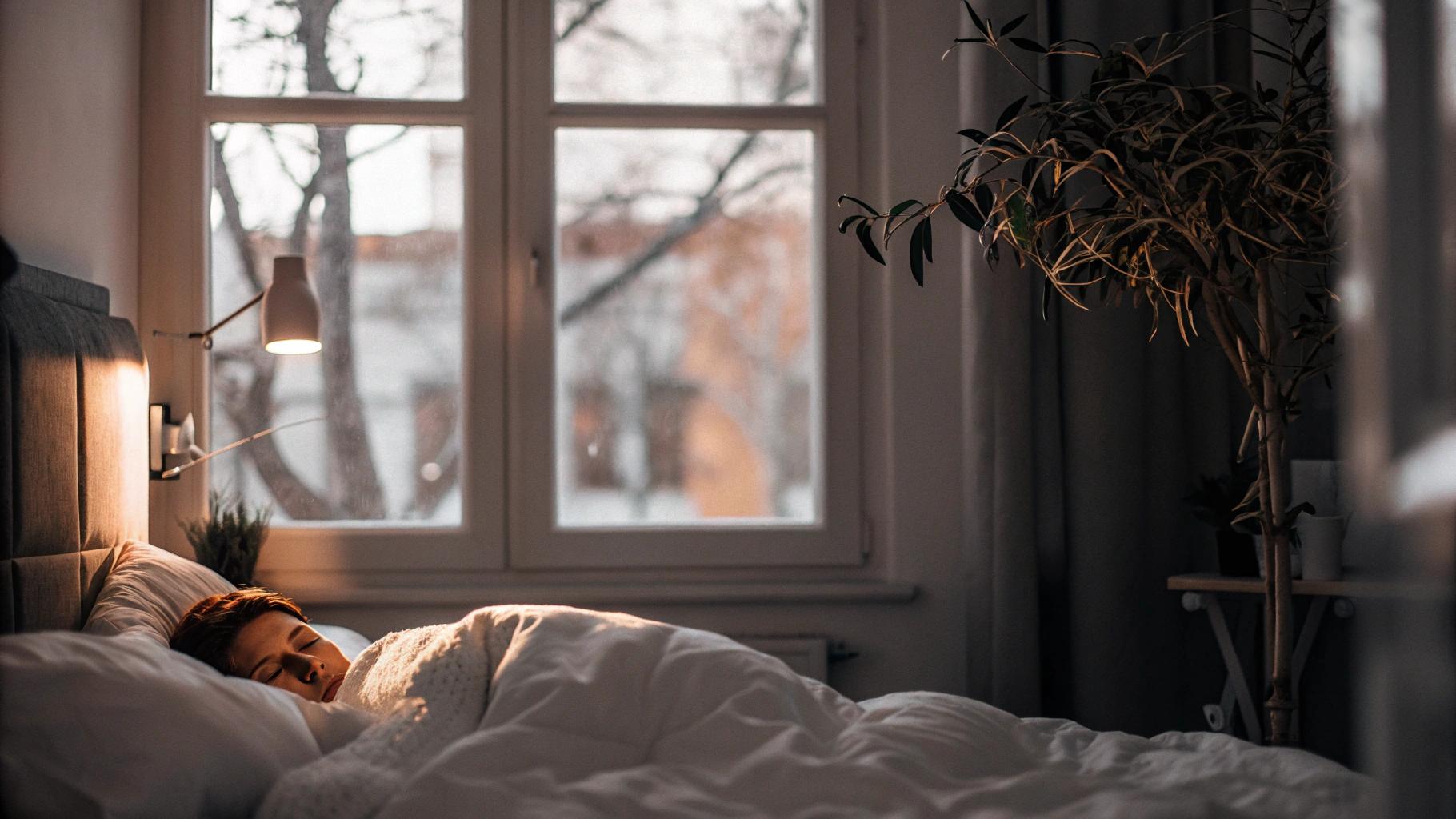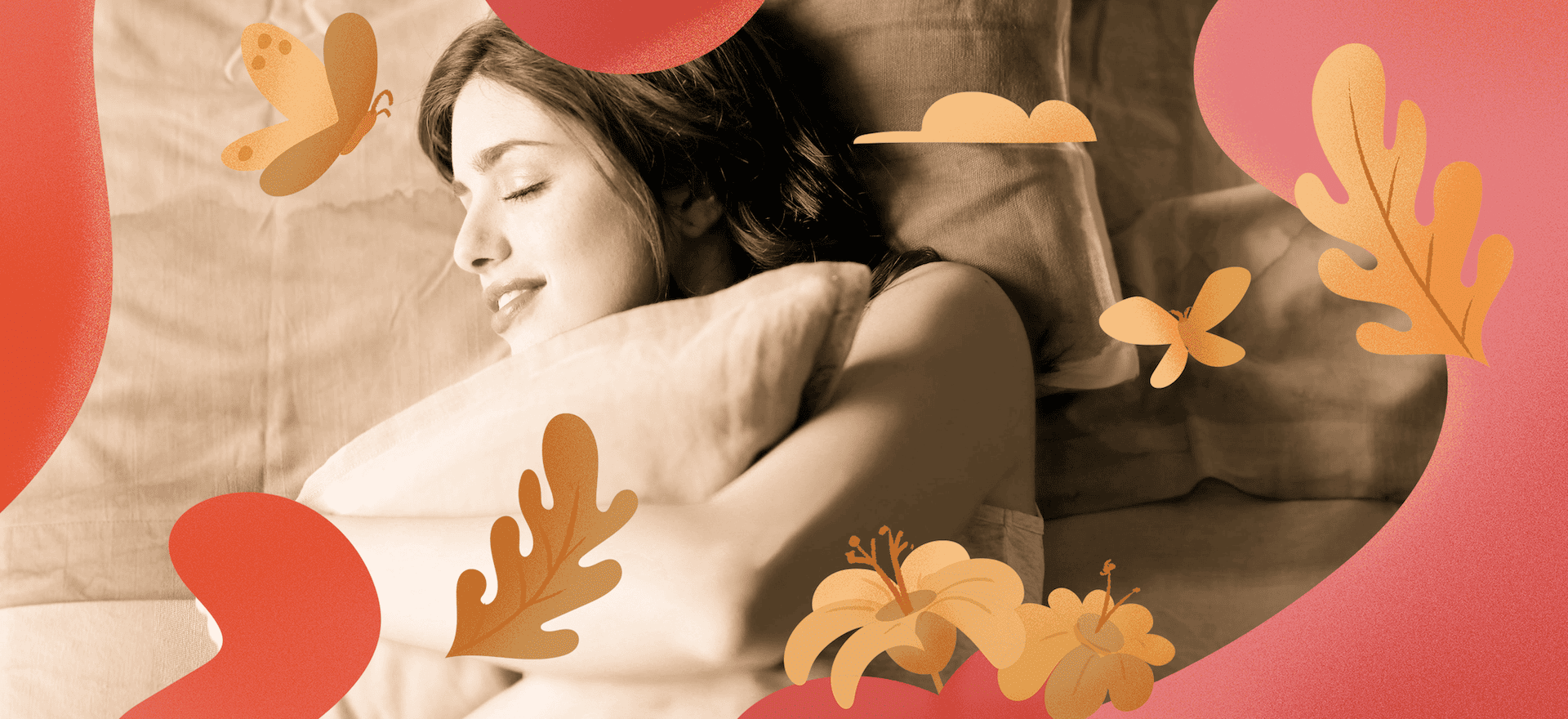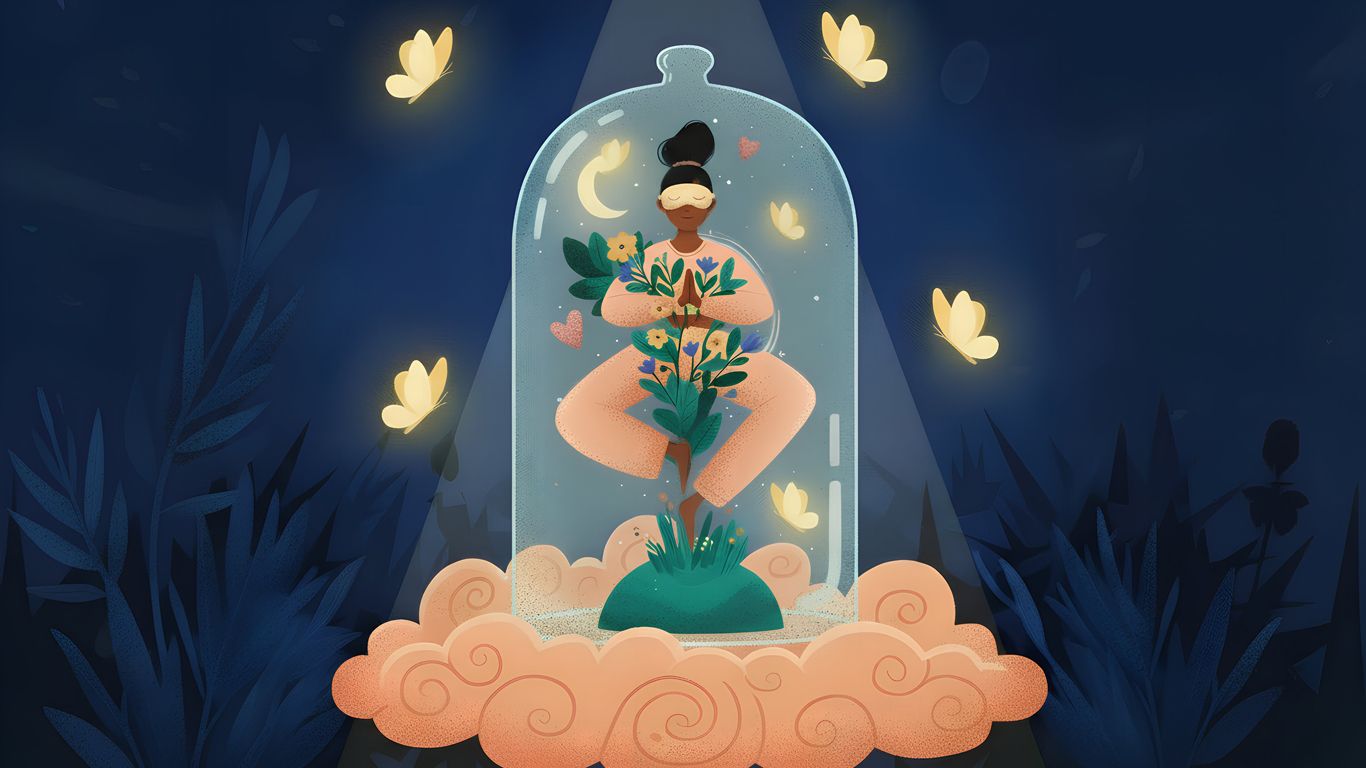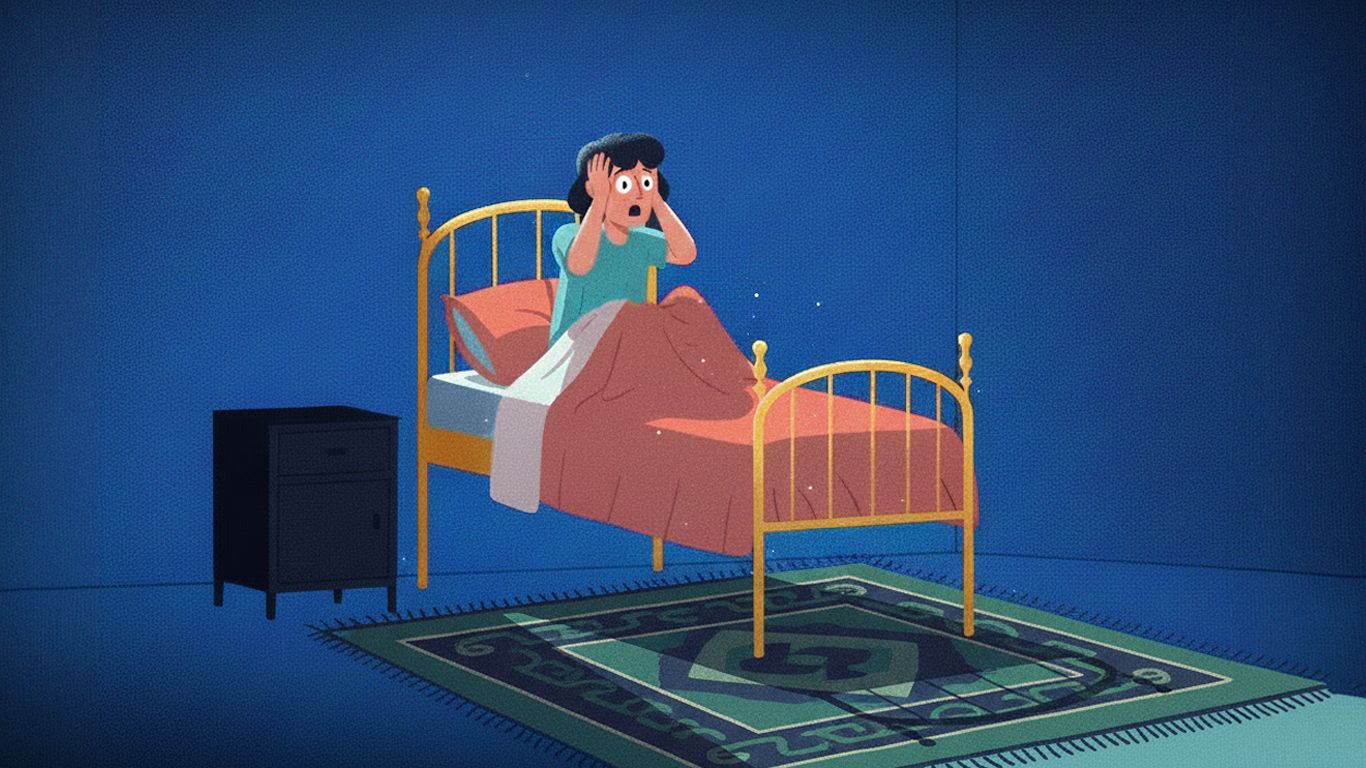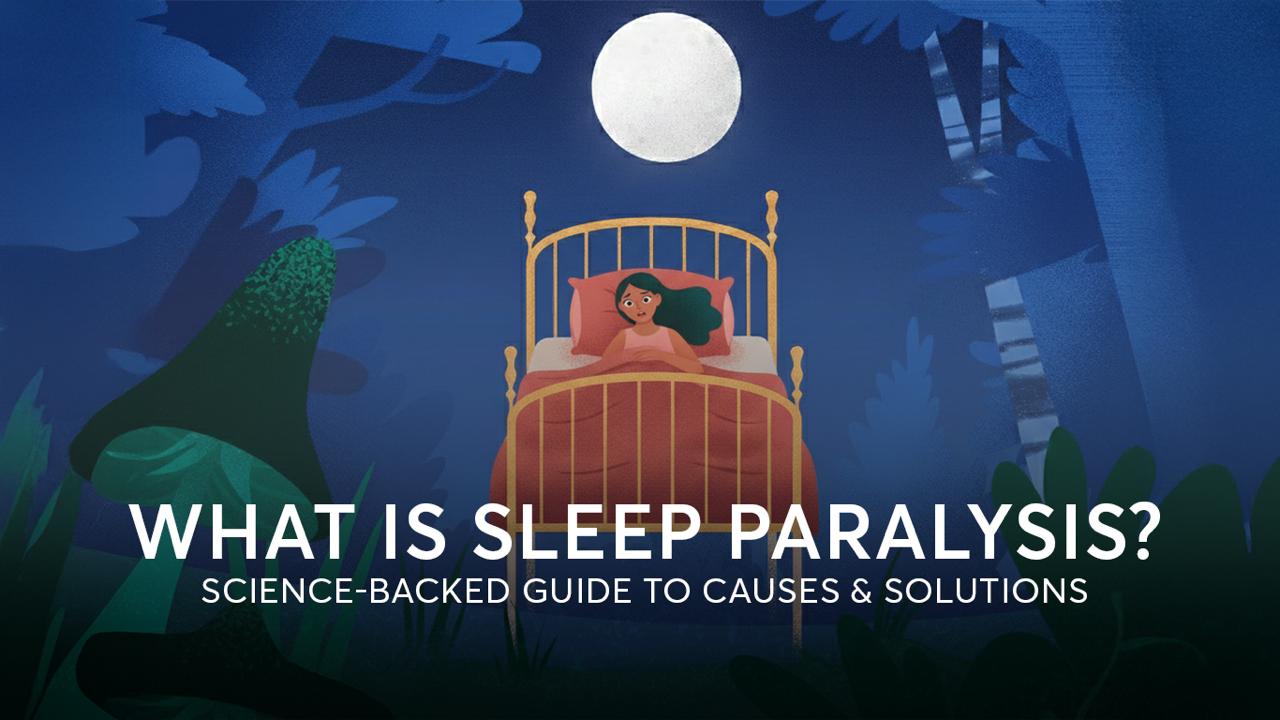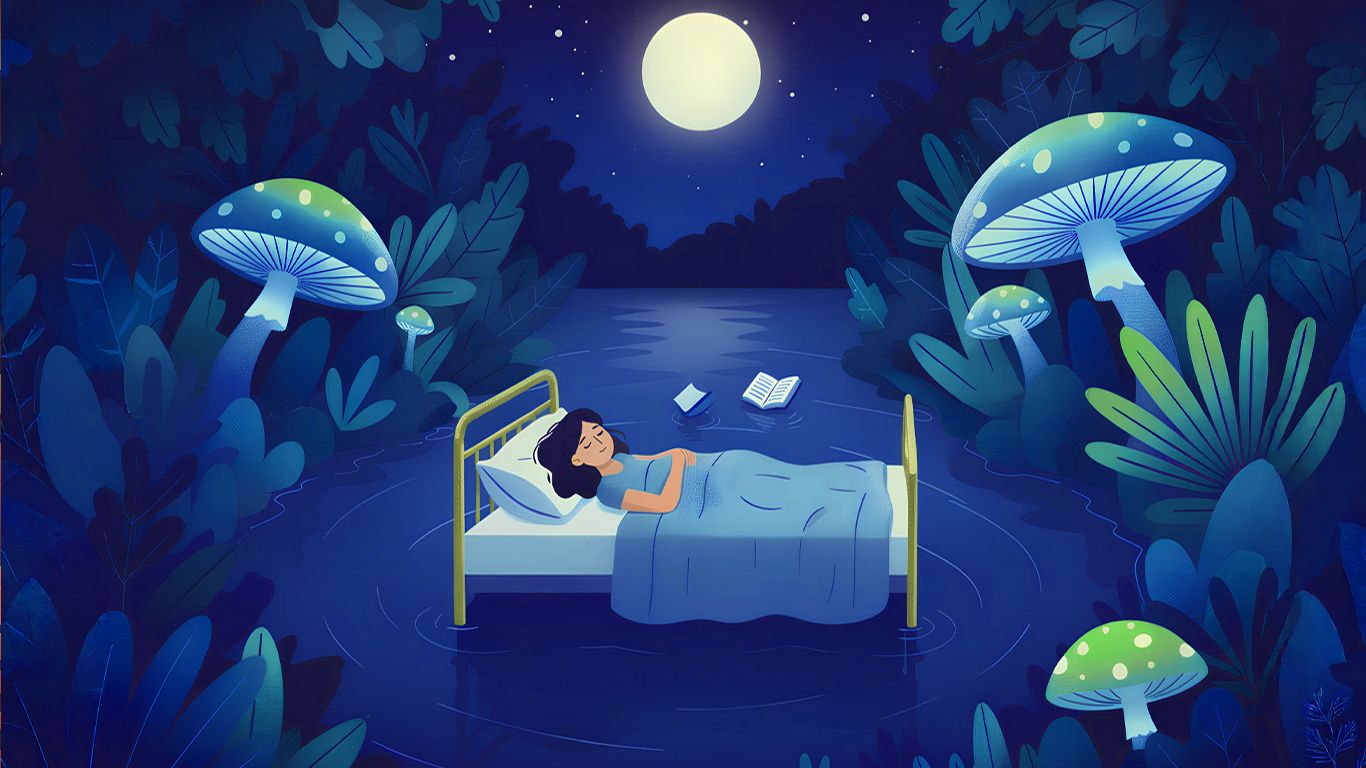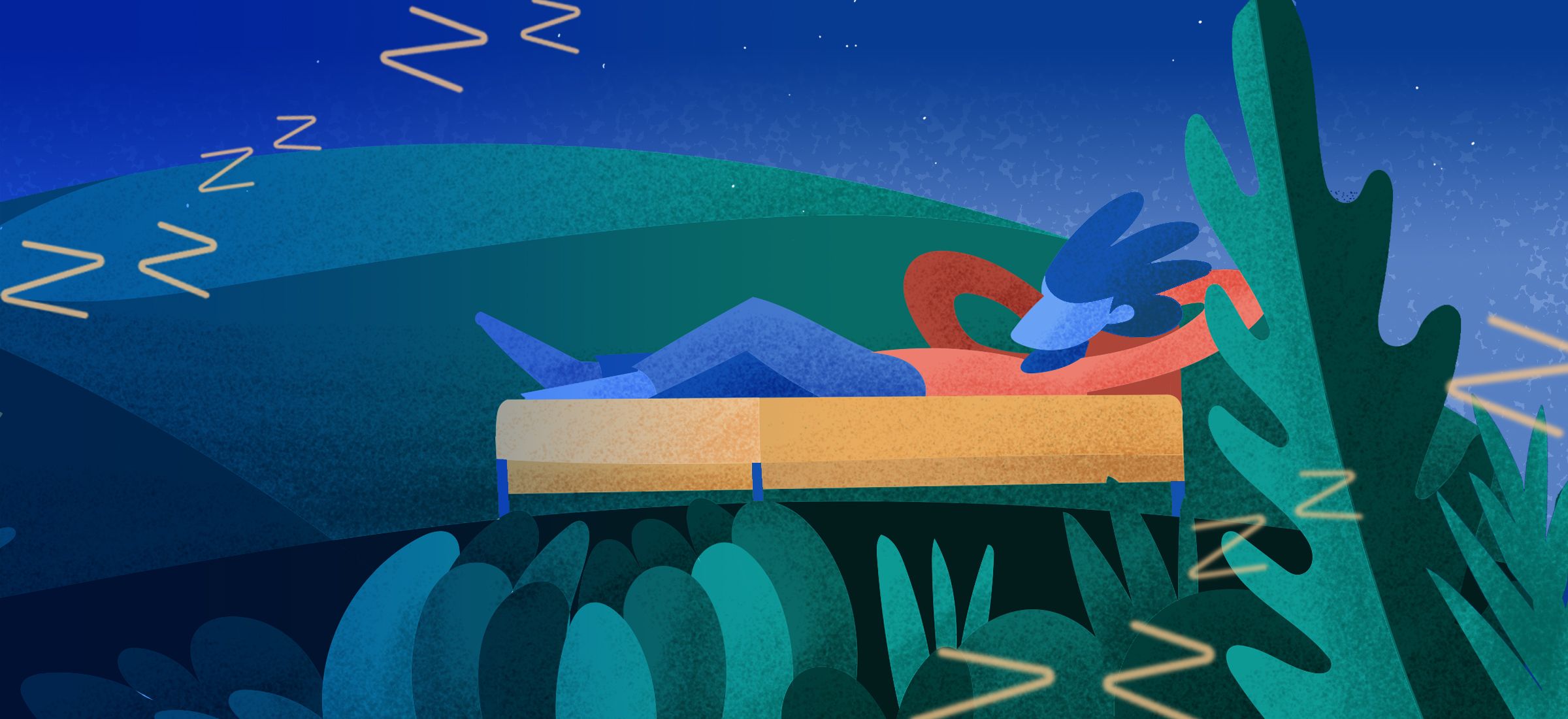
Herbal Tea Recipes to Fall Asleep Quickly
A good cup of tea has been known to cure many ills, and that includes helping you get a good night's sleep. Popular personalities like Oprah Winfrey and Andrew Weil are known to swear by their nightly cup of herbal tea before bed.
There is no one single best tea for sleep - chamomile, lemon balm, passionflower and lavender are all herbs that have traditionally been used to help with sleep. They can be brewed into a tea or taken in capsule form. With a wide range of herbal teas to choose from, there's definitely one (or a few!) that can help you get the rest you need.
All over the world and for many centuries, people have been drinking tea to help with sleep. In this post, we'll take a look at how herbal teas have come to be known as natural sleep aids, and we'll explore some of the most popular varieties to help you choose the best one for you.
What's in Herbal Tea That Helps You Sleep?
The key ingredients in herbal tea that help you sleep are called sedatives. They work by relaxing the body and mind, making it easier to fall asleep and helping you achieve the sleep quality you need.
Sedatives are a sleep aid and can be found in many different herbs, including lavender, chamomile, lemon balm, passionflower, and valerian root. When these herbs are brewed into a tea, they release their sedative compounds into the water, which you can then drink.
Ancient cultures all over the world have used herbs for their sedative properties. In traditional Chinese medicine, for example, herbs like jujube and licorice are often used to help people sleep.
In Ayurvedic medicine, ashwagandha and brahmi are popular choices. These herbs are thought to work by reducing stress and anxiety, which can be helpful if you find it hard to fall asleep because your mind won't stop racing.
Drinking herbal tea, therefore, is a great way to get the benefits of a sedative without having to take a pill. It's also generally considered to be safe, with few side effects.
Keep in mind that not all herbal teas are the same. Some have more potent flavors than others, and everyone reacts to different herbs differently. So play around until you find the tea (or combination of teas) that works best for you.
If you struggle falling asleep or if you have bad sleep quality, which according to this study, impacts your health, herbal teas may help. Take into consideration that herbal teas help take the edge off of occasional stress and anxiety. However, it’s also important to remember that herbal teas are not medication.
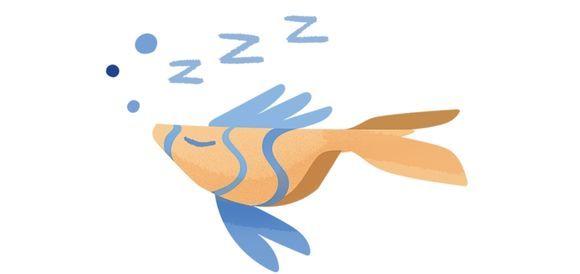

Who Benefits the Most from Herbal Teas?
While herbal teas can be helpful for anyone who struggles with sleep, there are some groups of people who may benefit more than others.
Women
Expectant women often have trouble sleeping due to the hormonal changes taking place in their bodies. Herbal teas can be a safe and natural way to help them get the rest they need and improve sleep quality. Sleep-disturbed postnatal women may also find herbal teas helpful.
The same is true for women who are going through menopause. The hormonal changes they experience can lead to hot flashes, night sweats, and other issues that make it hard to sleep. Herbal teas can again be a safe and effective way to manage these symptoms and get some much-needed rest.
Men
Men, on the other hand, are more likely to experience sleep problems due to stress. Herbal teas can help them relax and unwind so they can fall asleep more easily. Other men may have difficulty sleeping due to low levels of testosterone. In this case, herbs like ashwagandha and tribulus terrestris may be helpful.
Individuals with Health Conditions
People with chronic health conditions like heart disease, diabetes, and asthma may also find herbal teas helpful. That's because these conditions can lead to sleep problems, which in turn can make the conditions worse. Herbal teas can help break this cycle, promote sleep, and improve overall health.
People who have conditions like anxiety, depression, and chronic stress are also more likely to benefit from herbal teas. When these conditions are left untreated, they can lead to even more serious health problems. With the help of herbal teas, however, it may be possible to provide short-term relief and improve the long-term outlook.
Finally, herbal teas are also a good choice for people who want to avoid the side effects of over-the-counter and prescription sleep medication. These medications can sometimes cause daytime drowsiness, headaches, and other unwanted side effects. Herbal teas, on the other hand, are generally considered to be safe with few side effects.
Best Teas for Sleep
You can make any of these teas from scratch using dried flowers, leaves, or fruits, or you can find pre-made tea bags at most health food stores.
Lavender tea
Made from the dried flowers of the lavender plant, this tea has a light, floral taste with a hint of sweetness. Lavender is one of the most popular herbs for sleep, and it's no wonder why. Lavender contains compounds that have been shown to reduce anxiety and promote relaxation. Linalool and linalyl acetate, two of lavender's major compounds, have sedative effects when inhaled.
Drinking lavender tea before bed may help you fall asleep faster and sleep more soundly. One study found that lavender tea improved sleep quality in postpartum women. However, effects were limited to the immediate term. This means that lavender tea is helpful, but that women may need to see the doctor for longer-term considerations.
Lemon balm tea
Lemon balm is a member of the mint family. It has a light lemon flavor and contains phenolic compounds. Phenolic compounds have antioxidant and anti-inflammatory properties, which can help to reduce stress and anxiety. Lemon balm tea is also often combined with other sleep-promoting herbs like chamomile and lavender.
Drinking lemon balm tea has been shown to improve sleep quality in people with insomnia. One study found that drinking lemon balm tea for 15 days significantly improved sleep quality and reduced anxiety levels. The participants in the study also reported feeling more rested and having less fatigue.
Valerian tea
Valerian is a flowering plant that has been used to treat sleep problems for centuries. Valerian root contains many different compounds, including valerenic acid, which is thought to be responsible for its sedative effects. Valerian tea has a strong, earthy taste that some people find unpleasant. If you don't like the taste of valerian, try blending it with other herbs like chamomile or lemon balm.
Chamomile tea
Chamomile is a member of the daisy family. It has a sweet, floral taste and is one of the most popular herbal teas. Chamomile can be helpful for sleep because it contains apigenin, a compound that binds to receptors in the brain that promote muscle relaxation and sedation. Chamomile tea is often combined with other sleep-promoting herbs like lemon balm and valerian.
You can drink chamomile tea anytime you need to relax or unwind. Scientists believe that chamomile tea may be particularly effective at promoting sleep in people with insomnia.
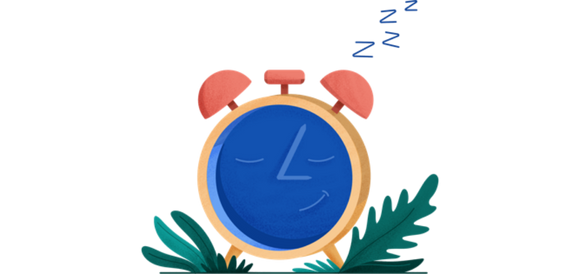

Passionflower tea
Passionflower is a vine with beautiful flowers. When made into tea, passionflower has a light, slightly sweet taste with floral notes. While it's often taken for sleep, passionflower is also popular for helping manage anxiety. This may be due to its ability to increase levels of gamma aminobutyric acid (GABA) in the brain. GABA is a neurotransmitter that promotes relaxation.
Green tea
Green tea has received newfound attention for its potential health benefits, including weight loss, improved heart health, and reduced inflammation. Green tea also contains the amino acid L-theanine, which has been shown to promote relaxation and reduce stress. While green tea does contain caffeine, it's less likely to keep you up at night than coffee or black tea.
Peppermint tea
Peppermint, like lemon balm, is a member of the mint family. It has a refreshing, cooling flavor and is often used to flavor toothpaste, gum, and candy. Peppermint tea can be helpful for sleep because it contains menthol, a compound that has sedative effects.
Ginger tea
Ginger has been used for centuries to treat a variety of ailments, including stomach pain, nausea, and inflammation. This is because it contains gingerol, a compound with powerful anti-inflammatory and antioxidant effects. This is why ginger tea is often taken for nausea and indigestion. While it's not traditionally used for sleep, ginger may help to reduce stress and anxiety.
Kava tea
Kava is a tropical plant that has been used for centuries in Polynesian cultures for its relaxation effects. Kava tea is made from the ground roots of the plant and has a bitter, earthy taste. While it does not have the best taste, kava tea is one of the most effective herbal teas for relaxation. This is because it contains kavalactones, compounds that have sedative and muscle-relaxing effects.
Getting The Most Out of Your Sleep Tea
You may take each of these as standalone teas or combine 2 or 3 together for a more potent tea. If you're wondering whether they are as effective as herbal supplements, the answer is yes. All of these teas have been traditionally used for sleep and have shown to be effective in clinical studies. That said, if you're looking for a more potent sleep aid, you may want to consider taking an herbal supplement along with drinking herbal tea.
Brewing Techniques
To get the most out of your herbs, it's important to brew them properly. Here are some tips for brewing the perfect cup of herbal tea:
- Use 1 teaspoon of dried herb per cup of water.
- Bring the water to a boil and then remove from heat. Add the herbs and let steep for 10-15 minutes.
- Strain the tea and add honey or lemon if desired.
- Drink the tea 1 hour before bedtime.
Brewing time is important for herbal teas, as it determines the potency of the tea. If you steep for too long, the tea may become bitter. If you don't steep long enough, the tea will be weak and ineffective.
Precautions
While herbal teas are generally safe, there are a few precautions you should take. First, make sure to buy herbs from a reputable source. This will ensure that they are of high quality and free of contaminants. Second, start with small amounts and see how your body reacts. Some people may be sensitive to certain herbs. Finally, if you are taking any medications, make sure to speak with your healthcare provider before drinking herbal tea, as some herbs may interact with medications.
Below, we share with you some recipes we've come to love and enjoy.


Relaxing Herbal Tea
This herbal tea is great to help you relax and feel sleepy as you prepare for bedtime. The valerian root is well known for its relaxing virtues. Lemon balm reduces anxiety and insomnia.
Ingredients
- 4 cups boiling water
- 3 tablespoons valerian root
- 3 tablespoons lemon balm
- 3 teaspoons honey
- 1 teaspoon orange tree flower water
Directions
Stir boiling water, valerian root, lemon balm, honey, and orange tree flower water together in a large heatproof bowl. Steep for 15 minutes.
You can strain the water directly into your cup or into a teapot.
Bedtime Herbal Tea
This beverage is ideal before going to sleep. Another great option to steep as your prepare to get some restorative beauty sleep. Chamomile & lavender tea are widely used to promote relaxation, drowsiness, and restful sleep.
Ingredients
- 4 cups boiling water
- 4 tablespoons chamomile
- 2 tablespoons lavender
- 3 teaspoons honey
- 1.5 teaspoon orange tree flower water
Directions
Stir boiling water, lavender, chamomile, honey, and orange tree flower water together in a large heatproof bowl. Steep for 15 minutes.
You can strain the water directly into your cup or into a teapot.
Restful Sleep Herbal Tea
This herbal tea recipe may help you have a better night's sleep. Lemongrass (citronella) has antioxidant & relaxing properties.
Ingredients
- 4 cups boiling water
- 3 tablespoons lavender
- 4 tablespoons lemon balm
- 1 teaspoon lemongrass
Directions
Stir boiling water, lavender, lemon balm and lemongrass together in a large heatproof bowl. Steep for 15 minutes.
You can strain the water directly to your cup or into a teapot.
Each herbal tea recipe can be refrigerated for up to 3 days.
Meditation and Tea: A Perfect Pair for Sleep
Tea has been used in meditation for centuries. The act of preparing and drinking tea can be a meditative experience in itself. The simple, repetitive motions help to still the mind and focus the attention on the present moment. The taste and aroma of tea can also help to relax and focus the mind.
When selecting a tea for meditation, it is important to choose one that is soothing and calming. Herbal teas are a great option, as they are typically free of caffeine and other stimulants. Chamomile, lavender, and lemon balm are all excellent choices for promoting relaxation.
You may drink tea during your meditation practice or afterwards as a way to wind down and relax before bed. Either way, tea can be a helpful tool for promoting sleep and relaxation.
Here's a unique meditation and tea session that you can try before bed:
- Begin by boiling water and steeping your tea.
- While the tea is steeping, take a few deep breaths and focus your attention on your breath.
- When the tea is ready, take a sip and pay attention to the taste, texture, and temperature of the tea.
- Continue to sip your tea slowly and mindfully, paying attention to the sensations in your body.
- When you are finished, take a few deep breaths and reflect on the experience.
Tea can be a great addition to your meditation practice or bedtime routine. It can help to promote relaxation and sleep, two important factors in overall health and well-being. You may also combine it with music, such as sounds from BetterSleep, to create a more relaxing and peaceful environment.
